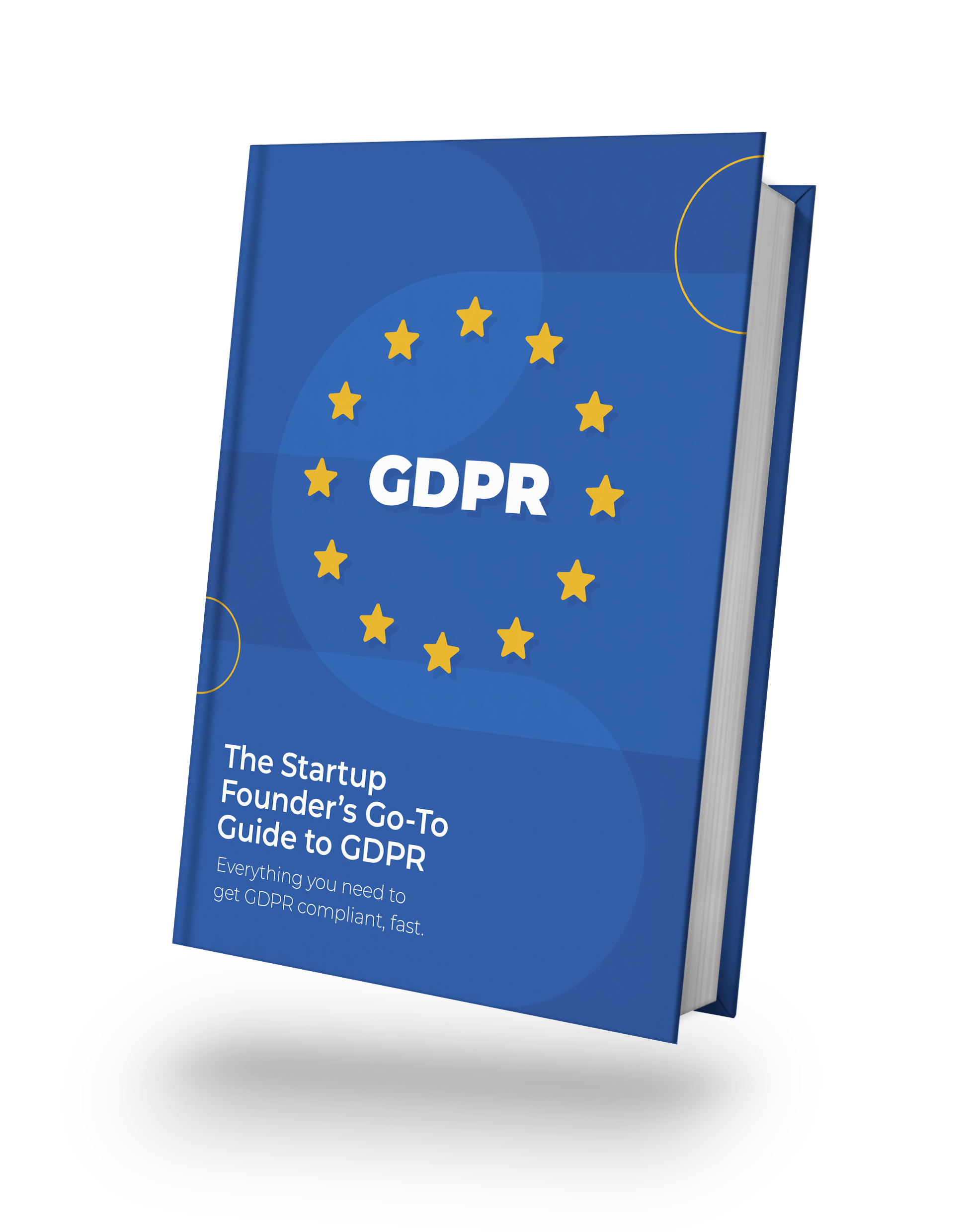Learn the essentials of South Africa's POPIA, its impact on data protection, and how it compares to global privacy laws.
GDPR Cookie Consent
GDPR Cookie Consent refers to the requirements and practices that organizations must follow to obtain and manage consent from users for the use of cookies and similar tracking technologies on their websites. This consent is mandated by the General Data Protection Regulation (GDPR) to ensure transparency and control over personal data.
Understanding GDPR Cookie Consent
Under the GDPR, any organization that uses cookies to collect personal data from users within the European Union must obtain explicit consent from those users before processing their data. This requirement aims to protect user privacy and provide individuals with control over their personal information.
Components of GDPR Cookie Consent
- Cookie Acceptance
- Definition: Cookie Acceptance is the process by which a user agrees to allow a website to place cookies on their device.
- Purpose: It ensures that users are informed about the types of cookies used and their purposes before they accept them.
- Process: Websites must present a clear and easily accessible cookie banner or consent form, detailing the use of cookies and providing options for users to accept or reject them.
- GDPR Cookie Compliance
- Definition: GDPR Cookie Compliance refers to the adherence to GDPR regulations concerning the use of cookies and the processing of personal data.
- Purpose: To avoid legal penalties and maintain user trust by ensuring that cookie usage practices comply with GDPR requirements.
- Process: This involves obtaining explicit consent before using cookies, providing clear information about cookie usage, and offering easy options for users to manage their cookie preferences.
GDPR Compliance & Cookie Consent
GDPR Compliance & Cookie Consent involves several key elements that organizations must implement to meet GDPR standards:
- Explicit Consent: Users must actively agree to the use of cookies through a clear affirmative action, such as clicking an “Accept” button.
- Transparency: Organizations must provide detailed information about the types of cookies used, their purposes, and the data they collect.
- Control: Users should be able to manage their cookie preferences easily, including the ability to withdraw consent at any time.
GDPR Cookie Policy
A GDPR Cookie Policy is a document that outlines an organization’s practices regarding cookie usage in compliance with GDPR. It typically includes:
- Types of Cookies: A description of different types of cookies used, such as essential, performance, functionality, and targeting cookies.
- Purposes of Cookies: Information on why cookies are used, such as for website functionality, analytics, or advertising.
- User Rights: Details on how users can manage their cookie preferences and exercise their rights under GDPR.
- Contact Information: How users can contact the organization for further information or to exercise their rights.
GDPR Cookie Categories
GDPR Cookie Categories refer to the classification of cookies based on their functions and purposes. Common categories include:
- Essential Cookies: Necessary for the basic functionality of the website, such as user authentication and security.
- Performance Cookies: Collect information about how users interact with the website to improve performance and user experience.
- Functionality Cookies: Enable enhanced functionality and personalization, such as remembering user preferences.
- Targeting Cookies: Used to deliver relevant advertisements and track user interactions with ads.
GDPR Cookie Consent Requirements
GDPR Cookie Consent Requirements outline the specific conditions that must be met to ensure valid consent under GDPR:
- Informed Consent: Users must be provided with clear and comprehensive information about the use of cookies and their purposes before giving consent.
- Freely Given: Consent must be given freely, without any pressure or coercion. Users should have the genuine option to accept or reject cookies.
- Specific: Consent must be specific to each type of cookie used, allowing users to consent to some cookies while rejecting others.
- Unambiguous: Consent must be obtained through a clear affirmative action, such as clicking an “Accept” button, and not through pre-ticked boxes or implicit actions.
GDPR Cookie Consent is a critical aspect of GDPR compliance that ensures users’ privacy rights are respected when using cookies. By understanding the components of cookie acceptance, implementing a comprehensive GDPR cookie policy, categorizing cookies appropriately, and adhering to the GDPR cookie consent requirements, organizations can achieve GDPR cookie compliance and maintain user trust.







